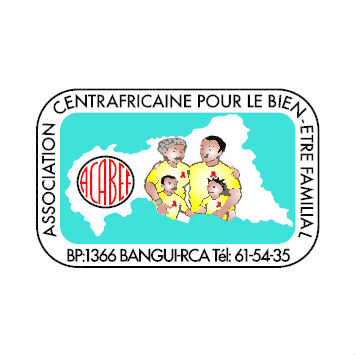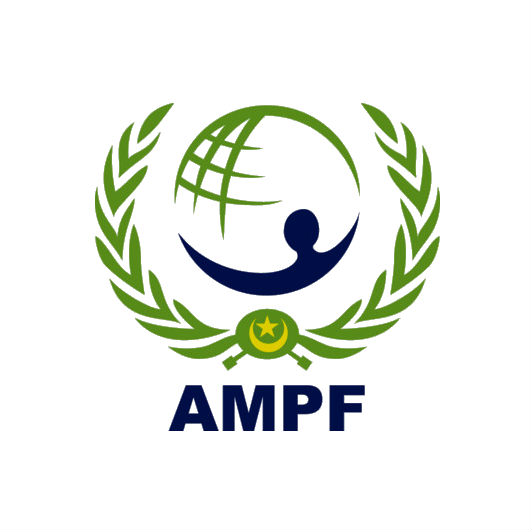

| 31 March 2016
Association Centrafricaine pour le Bien-Etre Familial
Sexual and reproductive health (SHR) statistics for the Central African Republic are some of the poorest on the continent. The need for proper, informed, accessible, safe, stigma-free sexual and reproductive health (SRH) services is paramount. The Association Centrafricaine pour le Bien-Etre Familial (ACABEF) came into being in 1987, expressly to address the urgent need for sexual and reproductive health (SRH) services. Working intensively within communities, the organization has grown rapidly over the years and now provides sexuality education and SRH services including family planning, gynaecological counselling and care, post-abortion care, antenatal care and voluntary counselling and testing (VCT) for HIV. ACABEF operates permanent and mobile clinics with community-based distribution sites (CBDs). In addition to full-time health personnel and administrative staff, the organization relies on the dedicated support of hundreds of volunteers, a Youth Action Movement and over a hundred trained peer educators. And ACABEF's outcomes are impressive. The majority of all services were provided to poor, marginalized, socially excluded and/or under-served people. ACABEF works in partnership with the government ministries in charge of planning, health and family and social affairs. It benefits from the support of CISJEU and its donors include UNFPA and Population Services International. ACABEF has close working relationships include CIONGCA (which coordinates the response of all NGOs working at national level), the Central African Network of People living with HIV (RECAPEV), the Réseau des Organisations Nationales de Lutte contre le SIDA (RONALSI) and Amis d’Afrique.

| 31 March 2016
Association Mauritanienne pour la Promotion de la Famille
Since it was founded in 1990, the Association Mauritanienne pour la Promotion de la Famille (AMPF) has focused primarily on sensitizing both the general population and the country’s political and religious leaders to the personal and economic benefits of family planning, and on promoting provision of proper sexual and reproductive health (SRH) services. AMPF provides SRH services including family planning (FP), antenatal and post-natal counselling, mother and child immunization, paediatrics, incomplete abortion care and referral, HIV and AIDs protection including PMTCT, and general SRH counselling. Sensitization and awareness creation is indirectly carried out through children’s vaccination clinics, through programmes providing nutritional advice, and through general maternal and child health services (a critical requirement in a country subject to high levels of maternal and child mortality). AMPF is committed to improving women’s status as a fundamental principle if the nation’s demographic circumstances are to change for the better. Spreading awareness of the benefits of birth spacing is an important component in this, as is the promotion of economic opportunities for women. AMPF has been involved in the creation of a number of craft-based co-operatives in pursuit of this aim. Special efforts have been made to reach marginalized and under-served populations. AMPF’s efforts in advocacy and policy dialogue contributed to enacting the Reproductive Health Act, a Religious judgment outlawing female genital mutilation (FGM) and other harmful practices. AMPF enjoys a good reputation and has strategic partnerships with the Ministry of Health, other CSOs, and with the UNFPA. Website: http://maurifemme.org/Ong/ampf.html







